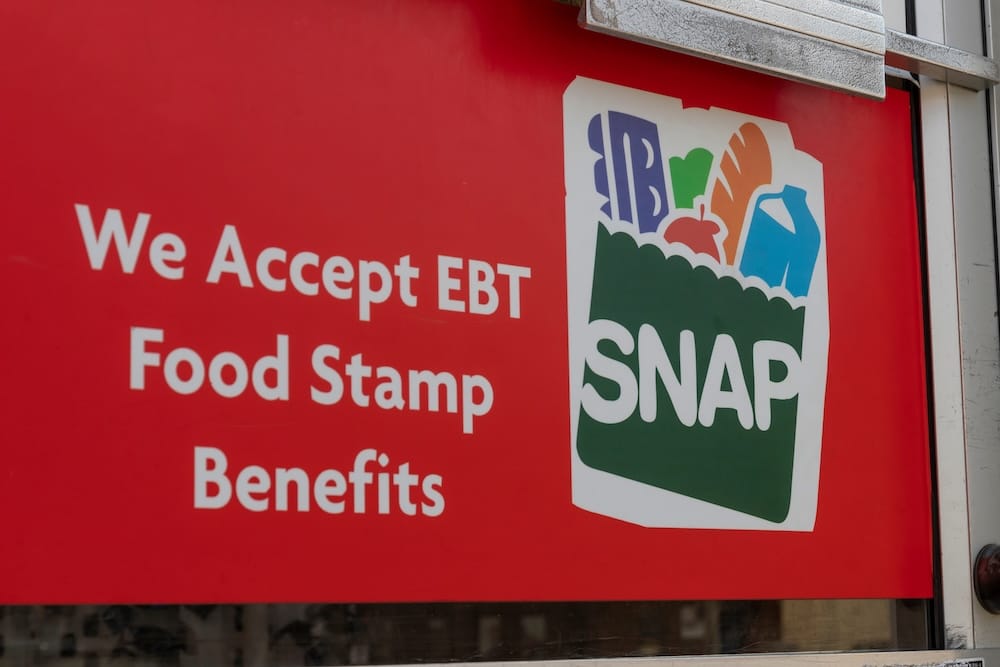

Nebraska Takes a Stand on SNAP Purchases
In a significant move to promote healthier choices among recipients of federal food assistance, the U.S. Department of Agriculture (USDA) has approved a waiver for Nebraska to restrict the use of Supplemental Nutrition Assistance Program (SNAP) funds. Announced on May 19, this decision prohibits the purchase of soda and energy drinks with SNAP benefits in the state. This marks a pioneering step as Nebraska becomes one of the first states to implement such specific restrictions on SNAP-eligible items.
The USDA, under the leadership of Secretary of Agriculture Brooke Rollins, issued a statement confirming the waiver. This policy shift aligns with broader efforts to address nutritional concerns among low-income families who rely on SNAP to meet their dietary needs. The focus on limiting sugary beverages reflects growing awareness of their impact on public health.
Details of the Waiver and Its Implications
The waiver granted to Nebraska is part of a pilot program aimed at evaluating the effects of restricting certain food items from SNAP purchases. The USDA emphasized that the goal is to encourage healthier eating habits while maintaining the program's core mission of alleviating hunger. Nebraska's proposal specifically targets soda and energy drinks due to their high sugar content and limited nutritional value.
State officials in Nebraska have expressed optimism about the potential outcomes of this restriction. The pilot will include data collection to assess changes in purchasing behavior among SNAP recipients, with results expected to inform future policy decisions at both state and federal levels. This initiative could set a precedent for other states considering similar measures.
While the USDA has approved this waiver, it also noted that the program will be closely monitored to ensure it does not unduly burden participants or limit access to necessary food items. The balance between promoting health and ensuring food security remains a key consideration in the implementation of this policy.
Support and Rationale Behind the Decision
The decision to restrict SNAP funds for soda and energy drinks has garnered support from various stakeholders who advocate for improved nutrition standards. Secretary Brooke Rollins highlighted the importance of aligning federal assistance programs with health-conscious choices. Her statement underscored a commitment to supporting states in their efforts to innovate within the SNAP framework.
Nebraska's request for the waiver was rooted in data showing high consumption rates of sugary beverages among SNAP recipients, often linked to diet-related health issues. By curbing access to these items through SNAP benefits, the state aims to nudge participants toward more nutritious options like water, milk, or unsweetened beverages. This aligns with broader national conversations about reducing sugar intake.
Looking Ahead: Potential Impact on SNAP Nationwide
As Nebraska rolls out this restriction, the USDA and state agencies will be watching closely to gauge its effectiveness. The pilot program's findings could influence whether similar bans are adopted in other states or even at a national level. The focus will be on whether this policy leads to measurable improvements in dietary habits without compromising the accessibility of food assistance.
This development also raises questions about the future scope of SNAP restrictions. While soda and energy drinks are the current focus, discussions may eventually expand to other categories of food deemed less nutritious. For now, Nebraska's initiative serves as a test case for balancing nutritional goals with the practical realities of food assistance programs.
Dues are $12 per year. Member benefits:
✅ Ad-Free Website Viewing
✅ Advocacy for Republican Seniors
✅ 120+ Senior Discounts
✅ Member Only Newsletters